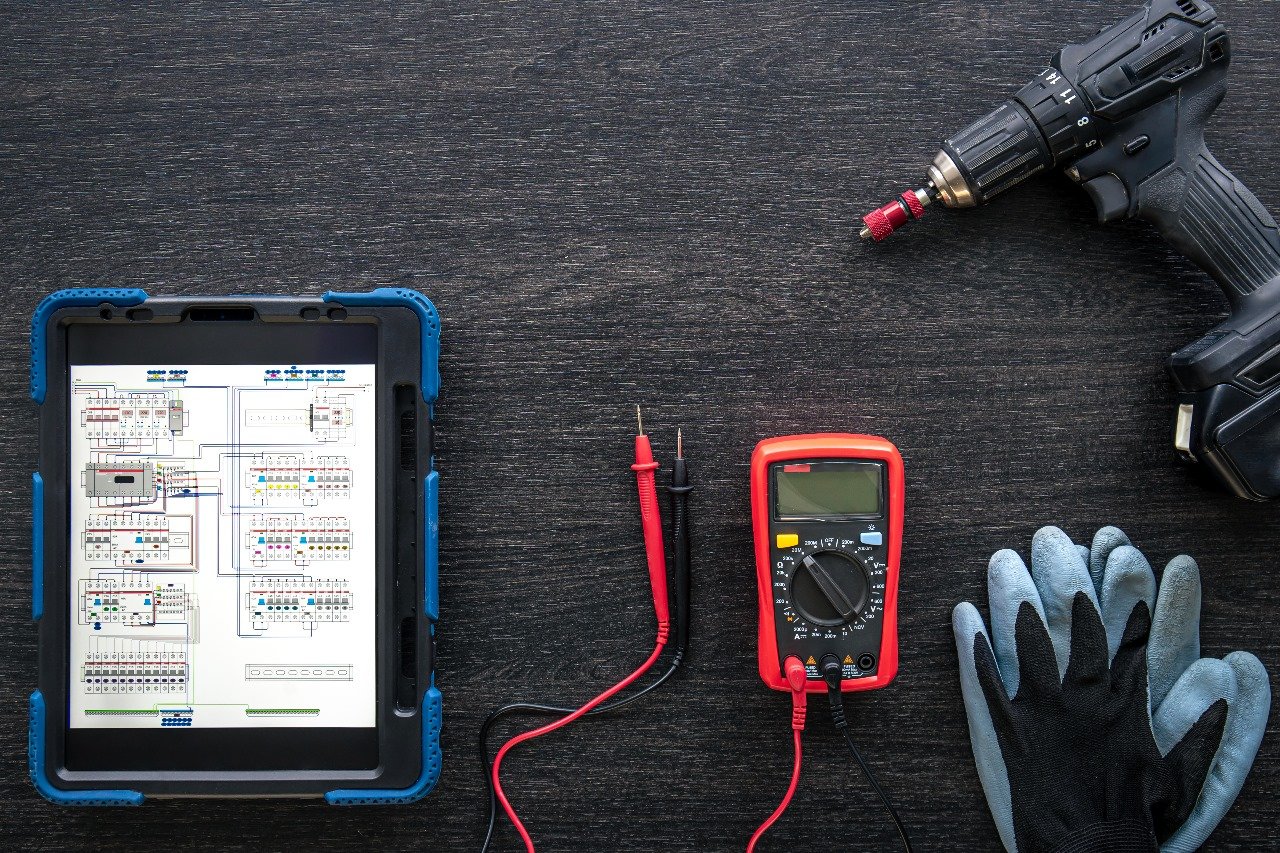Understanding Solar Measurement Units – Key Metrics for Solar Power Systems
Solar measurement units are essential for evaluating, designing, and maintaining efficient solar energy systems. From sunlight intensity to system output, accurate measurements help ensure optimal performance and return on investment.
✅ Irradiance (W/m²) – Measures solar power per unit area
✅ Peak Sun Hours (PSH) – Indicates daily solar energy availability
✅ Kilowatt-hour (kWh) – Measures total energy production
✅ Efficiency (%) – Ratio of output power to input solar energy
✅ Insolation (kWh/m²/day) – Daily solar radiation per area
Why Solar Measurement Matters
✔ Optimizes panel placement and orientation
✔ Ensures accurate system sizing and energy predictions
✔ Detects performance issues early through monitoring
✔ Maximizes ROI through data-driven maintenance
Solar Measurement & Monitoring Process
- Site Survey – Irradiance and shading analysis
- Weather Data Collection – Long-term sunlight patterns
- System Calibration – Accurate meter and sensor setup
- Real-Time Monitoring – Performance tracking & alerts
- Data Reporting – Monthly and annual efficiency reports


Work Process
Our solar measurement solutions help installers, engineers, and businesses achieve optimal solar energy utilization. By collecting precise irradiance and energy output data, we ensure systems are designed, installed, and maintained for peak efficiency.
Measurement Planning
Identify location-specific solar potential using professional tools.
Data Collection
Record sunlight, weather, and energy output with calibrated instruments.
Performance Analysis
Evaluate system efficiency and recommend optimization steps.

